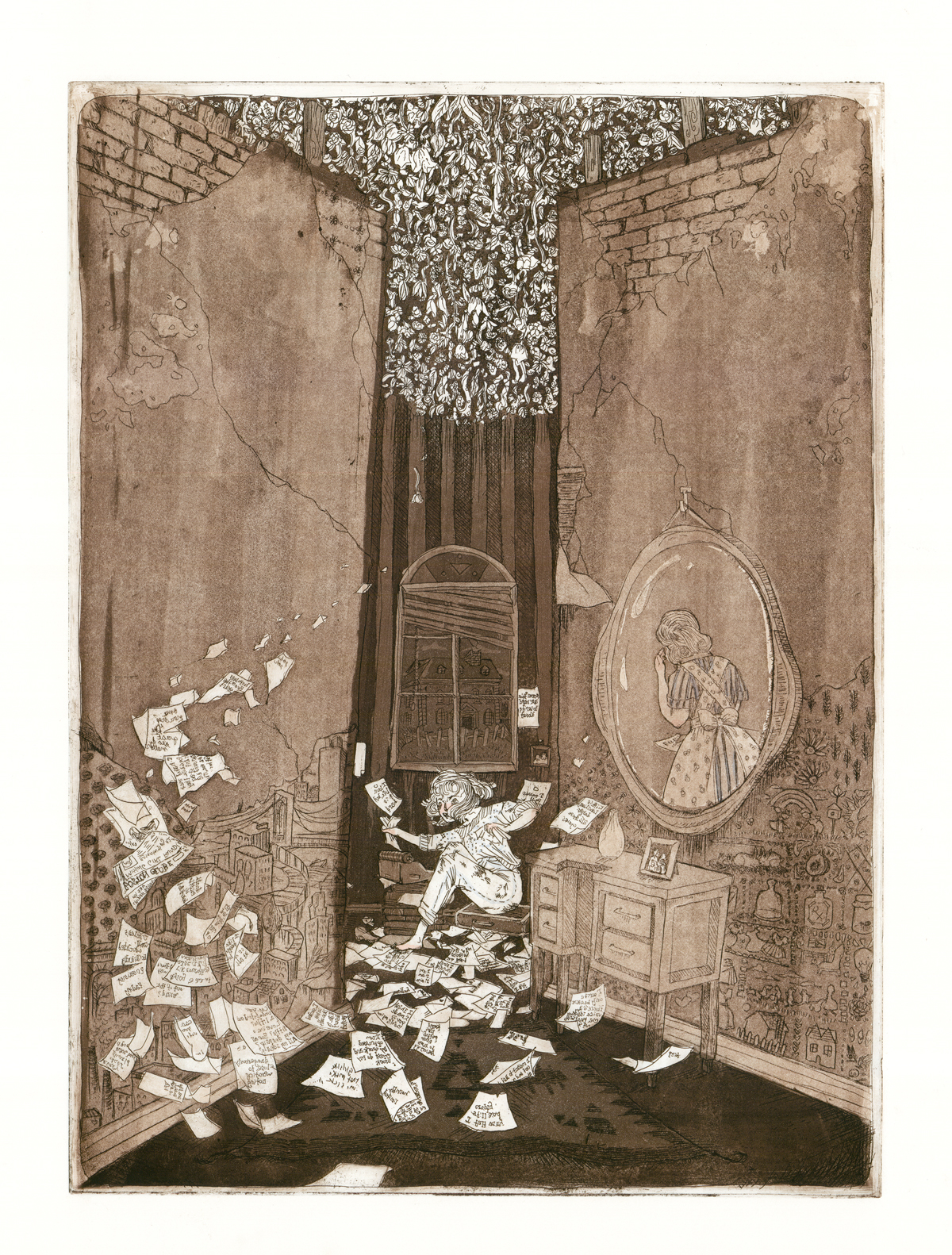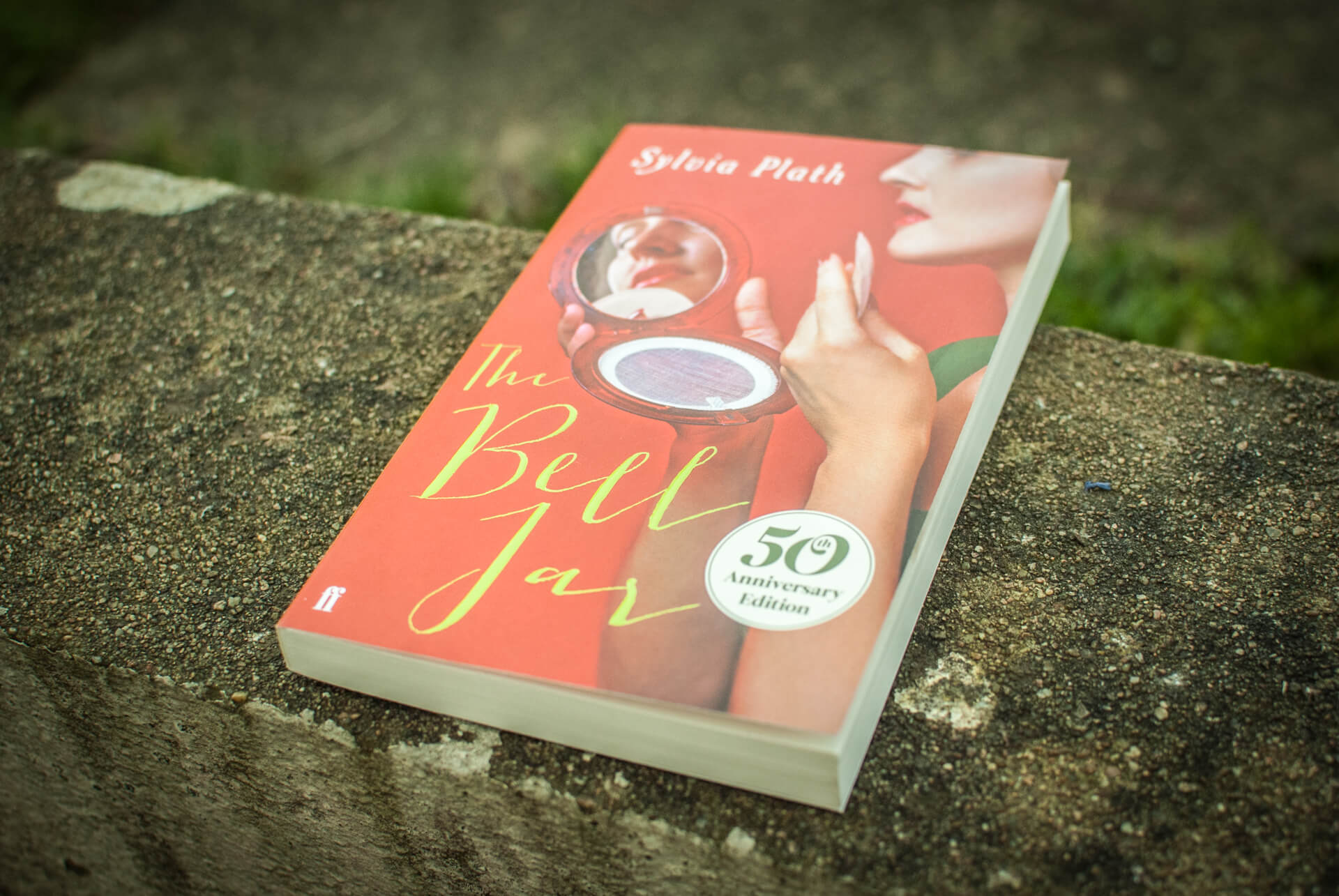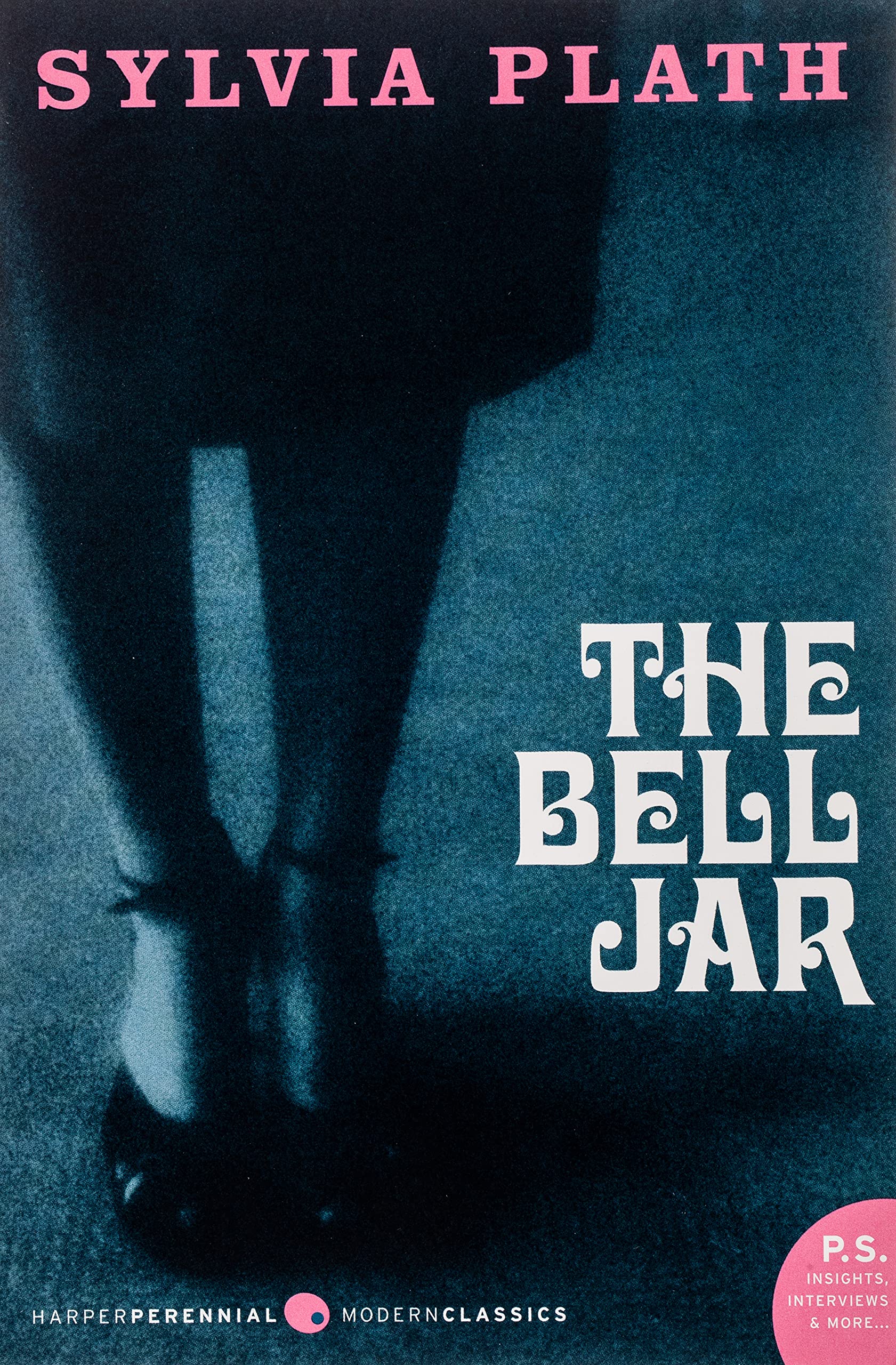Let’s talk about Sylvia Plath, a literary legend whose life and work continue to spark debates decades after her untimely passing. In her groundbreaking novel "The Bell Jar," she dives deep into themes of identity, mental health, and societal expectations. But what about the whispers of racism? Is there more to unpack in the layers of her work? Today, we’re diving headfirst into this controversial topic to uncover the truth. So, grab your favorite drink, get comfy, and let’s explore the world of Sylvia Plath like never before.
Now, before we jump into the thick of things, let’s set the stage. Sylvia Plath was a poet and novelist whose words have touched millions. Her novel "The Bell Jar" is often celebrated for its raw honesty and portrayal of a young woman navigating the complexities of life in the mid-20th century. But as we peel back the layers, we’ll discover that not everything is as rosy as it seems. There are questions about her perspective on race, and today, we’re here to answer them.
Why does this matter? Because understanding the context in which an author writes is crucial to interpreting their work. Sylvia Plath’s world was shaped by the societal norms of her time, and while some argue that her views were a product of her environment, others believe there’s more to the story. Let’s dig in and find out.
- Deana Carter News Tour Dates New Song Rich Net Worth 2024
- Billy Prestons Net Worth Untold Riches Musical Legacy Revealed
Who Was Sylvia Plath? A Quick Bio
Before we dive into the heart of the matter, it’s essential to know who Sylvia Plath was. Born on October 27, 1932, in Boston, Massachusetts, she was a brilliant poet, novelist, and short story writer. Her life was marked by both triumphs and tragedies, and her work continues to resonate with readers worldwide.
Biodata of Sylvia Plath
| Full Name | Sylvia Plath |
|---|---|
| Birthdate | October 27, 1932 |
| Place of Birth | Boston, Massachusetts, USA |
| Occupation | Poet, Novelist, Short Story Writer |
| Education | B.A. from Smith College, M.A. from Newnham College, Cambridge |
| Notable Works | "The Bell Jar," "Ariel," "Tulips" |
Racism in "The Bell Jar": Fact or Fiction?
Let’s get straight to the point. Is there evidence of racism in "The Bell Jar"? Well, it’s complicated. The novel is primarily focused on the protagonist Esther Greenwood’s struggles with mental health and societal expectations. However, some critics argue that the portrayal of minority characters in the book is problematic. For instance, the depiction of African American characters has been called into question.
Esther’s interactions with people of color are limited, and when they do occur, they are often one-dimensional. This raises questions about Plath’s perspective on race and whether her work reflects the biases of her time. It’s important to note that "The Bell Jar" was written in the 1960s, a period marked by significant racial tension in the United States. Plath’s lack of engagement with these issues might be seen as a form of silence, which, in itself, can be deafening.
- David Fosters Hit List Exploring His Greatest Songs
- Polish Tv Agreement Understand Terms Refund Policy Now
What Critics Are Saying
- Some literary critics argue that Plath’s focus on her own struggles overshadowed the broader societal issues of the time.
- Others believe that her work should be judged within the context of its era, acknowledging both its strengths and limitations.
- There’s also a school of thought that suggests Plath’s silence on race was intentional, reflecting her desire to focus on personal struggles rather than societal ones.
Plath’s World: Understanding the Context
Let’s take a step back and look at the world Sylvia Plath lived in. The 1960s were a time of great social upheaval. The civil rights movement was gaining momentum, and issues of race and equality were at the forefront of public discourse. Plath, however, was more focused on her own internal battles. Her poetry and prose often reflect her inner turmoil, and some argue that this inward focus allowed her to overlook the larger issues of her time.
Why Context Matters
Understanding the context in which an author writes is crucial to interpreting their work. Plath’s world was shaped by the societal norms of the mid-20th century, and while she was a trailblazer in many ways, she was also a product of her environment. This doesn’t excuse potential biases, but it does help us understand where they might have come from.
Unpacking the Themes of "The Bell Jar"
At its core, "The Bell Jar" is a novel about identity and mental health. Esther Greenwood’s journey is one of self-discovery, and her struggles are deeply personal. However, the absence of diverse voices in the novel has led some to question whether Plath’s vision was truly inclusive. The novel’s focus on Esther’s white, middle-class experience has been both praised and criticized, depending on the reader’s perspective.
Key Themes in "The Bell Jar"
- Mental Health: Esther’s battle with depression is a central theme in the novel.
- Identity: The novel explores themes of self-discovery and the search for meaning.
- Societal Expectations: Esther grapples with the pressures placed on women in the 1960s.
The Impact of Plath’s Work on Modern Literature
Despite the controversies surrounding her work, Sylvia Plath’s influence on modern literature cannot be overstated. Her poetry and prose continue to inspire writers and readers alike. However, the question of racism in her work remains a topic of debate. As we continue to grapple with issues of representation and inclusion in literature, Plath’s legacy serves as both a reminder of progress and a call to action.
Modern Relevance
In today’s world, where diversity and inclusion are more important than ever, Plath’s work serves as a valuable case study. Her novels and poems offer a glimpse into the complexities of identity and the challenges faced by women in the mid-20th century. While her focus may have been narrow, her impact is undeniable.
How Critics View Plath’s Legacy
Critics are divided on how to view Plath’s legacy. Some see her as a trailblazer who paved the way for future generations of women writers. Others believe that her work reflects the limitations of her time and that it’s important to acknowledge these flaws. Regardless of where you stand, it’s clear that Plath’s influence on literature is profound.
Common Criticisms
- Plath’s work has been criticized for its lack of diversity.
- Some argue that her focus on personal struggles overshadowed broader societal issues.
- Others believe that her work should be judged within the context of its time.
Plath’s Influence on Feminist Literature
One area where Plath’s influence is undeniable is feminist literature. Her portrayal of Esther Greenwood as a complex, multidimensional character has inspired countless writers and readers. While her focus may have been narrow, her impact on feminist literature is significant. Her work paved the way for future generations of women writers to explore themes of identity, mental health, and societal expectations.
Key Contributions to Feminist Literature
- Plath’s work challenged traditional gender roles and expectations.
- Her novels and poems offered a raw, unfiltered look at the struggles faced by women in the mid-20th century.
- Her legacy continues to inspire women writers around the world.
The Future of Plath Studies
As we continue to explore the complexities of Sylvia Plath’s work, it’s clear that her legacy will remain a topic of debate for years to come. Scholars and critics will continue to grapple with questions of race, representation, and inclusion in her work. However, one thing is certain: Plath’s influence on literature is undeniable.
What’s Next?
The future of Plath studies lies in continued exploration and dialogue. As we learn more about her life and work, we’ll gain a deeper understanding of her contributions to literature. It’s important to approach her work with both critical analysis and an open mind, recognizing both its strengths and limitations.
Conclusion
In conclusion, Sylvia Plath’s work continues to spark debates about race, representation, and inclusion. While her focus may have been narrow, her impact on literature is profound. "The Bell Jar" remains a powerful novel that offers insights into the complexities of identity and mental health. As we continue to explore these themes, it’s important to approach Plath’s work with both critical analysis and an open mind.
So, what do you think? Is there evidence of racism in Plath’s work, or is it a product of its time? Let us know in the comments below. And if you enjoyed this deep dive into Sylvia Plath’s world, be sure to share this article with your friends and check out our other posts on literary legends.
Table of Contents
- Who Was Sylvia Plath? A Quick Bio
- Racism in "The Bell Jar": Fact or Fiction?
- Plath’s World: Understanding the Context
- Unpacking the Themes of "The Bell Jar"
- The Impact of Plath’s Work on Modern Literature
- How Critics View Plath’s Legacy
- Plath’s Influence on Feminist Literature
- The Future of Plath Studies
- Conclusion
- Ti Tiny News King Harris Graduates More Family Updates
- Tyrus Net Worth In 2025 How Rich Is The Wrestler Host


